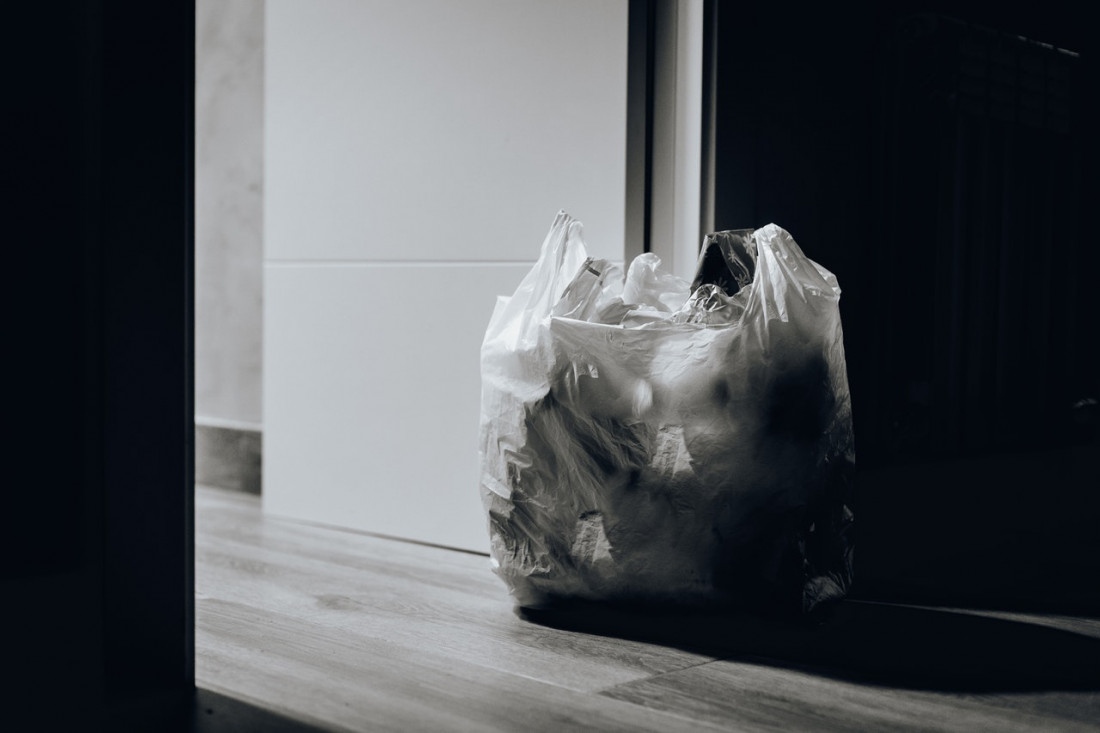The chemicals industry faces a great many challenges in the coming decades. Primarily it must meet the demands of an ever expanding and demanding consumer base, but each region faces its own problems.
In the Far East it must manage an incredible rate of growth whilst keeping environmental damage to a minimum. In Europe it is struggling to maintain growth and absorb rising energy costs. Chemical producers in the Middle East are concerned about political stability, whilst in Russia they are having to do business in the face of a trade embargo with the West. Africa, whilst rich in materials has numerous challenges with political stability, corruption, infrastructure and technological know-how. Perhaps only in the Americas is the chemical industry well set for the future, although it is connected to the regions banking system that some predict will self-destruct within our lifetimes.
As a whole, the industry is facing one single problem: a dwindling supply of raw materials. The planet contains only a fixed amount of resources, and as world population has grown and standards of living rise, the demand for consumer products has increased immeasurably. The chemical industry is trying to keep up with this pace, and in general is meeting demands, but longer term, more sustainable solutions are needed, as there is only so much of any single raw material that can be produced.
For example, intelligent processes for the creation of better plastics from less oil, still require oil. Whilst those employing maize or corn oil have to compete with buyers of those products for animal or human consumption.
Now, step forward Czech chemistry to contribute to solving the problem of world demand for plastics from everyday household waste. For a revolutionary biotechnology firm from the Czech Republic has developed a process that can transform waste cooking oil into a biopolymer suitable for packaging, based as it is on PHA (polyhydroxyalkanoates).
Contracts have now been signed for the construction of the first production plant, which is to be based in China, where unsurprisingly, overcrowded cities have a problem with disposing of old cooking oil.
The polymer that will be produced will be a feedstock for bioplastic products, for the manufacture of fresh food containers and cups. Additionally, these are environmentally friendly as they self-disintergrate unaided.
The technology involved, among other things, won a prize for the “2015 Frost and Sullivan Technology Innovation Award” in London. It is part of a cooperation project between the EU and China and has already undergone successful pilot trials.
If the chemical industry is to meet the demands of world population and at the same time, avoid the destruction of the planet, then a vast array of similar ideas and projects need to be developed. The chemical industry can thrive in the future, but only if investment and a level of risk taking also thrives. Maybe then it can turn good recycling processes into great ones.

